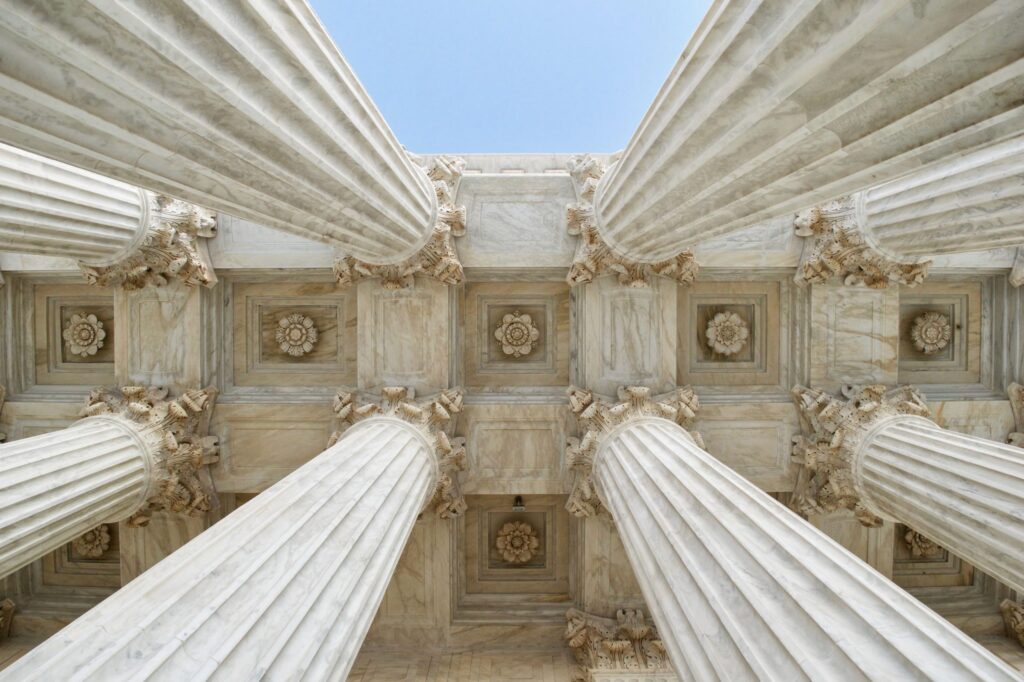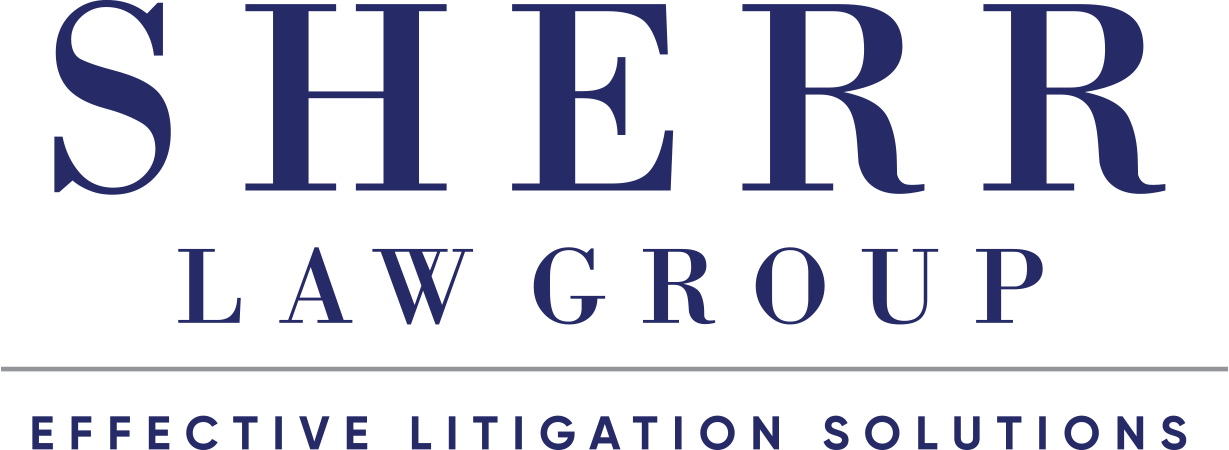Elected officials play a vital role in governing municipalities, making decisions that shape their communities and impact residents’ daily lives. While these officials are tasked with ensuring efficient governance, they often find themselves navigating the complex world of municipal litigation. From disputes over public policies to lawsuits arising from personnel issues or zoning decisions, elected officials in Pennsylvania must be prepared to manage legal challenges effectively.
Understanding Municipal Litigation for Elected Officials
Municipal litigation encompasses a wide array of legal disputes involving local governments, such as zoning conflicts, public contract disputes, employment law claims, and civil rights violations. Elected officials, including mayors, council members, commissioners, and other public servants, are often at the center of these issues, either as representatives of their municipality or as named parties in lawsuits.
In Pennsylvania, municipalities and their officials can face legal challenges in areas such as:
- Zoning and Land Use: Disputes over zoning decisions, permits, or land use regulations often lead to litigation, with elected officials making key decisions that may be challenged in court.
- Employment Claims: Allegations of wrongful termination, discrimination, or harassment involving municipal employees may implicate elected officials responsible for hiring or overseeing staff.
- Civil Rights Violations: Lawsuits alleging violations of constitutional rights, such as due process or equal protection, can involve actions taken by elected officials or policies they enacted.
- Public Contract Disputes: Conflicts arising from municipal contracts, procurement processes, or construction projects often require elected officials to address claims of breach or non-compliance.
- Environmental Issues: Municipalities may face lawsuits over environmental regulations, land development, or infrastructure projects.
Elected officials must navigate these challenges while balancing their duty to the public and their personal liability. Understanding their role in municipal litigation is critical to ensuring both effective governance and robust legal defense.
The Legal Responsibilities of Elected Officials
Elected officials are responsible for making decisions that align with their municipality’s goals and legal obligations. These responsibilities often place them at the forefront of potential legal disputes. Elected officials create and enforce municipal policies, ordinances, and regulations. Ensuring that these policies comply with state and federal laws is essential to avoid legal challenges. When policies are contested, officials must work closely with legal counsel to defend their decisions.
Elected officials are often the public face of their municipality during legal disputes. Clear and legally sound communication with residents is critical to maintaining trust and minimizing the reputational impact of litigation. In lawsuits involving the municipality, elected officials may be required to testify, provide documentation, or make decisions about how to proceed. Their actions and statements during litigation can significantly impact the outcome of a case.

Legal Protections for Elected Officials in Pennsylvania
While elected officials face significant legal responsibilities, they are also entitled to certain protections under Pennsylvania law. These protections are designed to ensure that officials can perform their duties without undue fear of personal liability.
- Immunity from Personal Liability
Under Pennsylvania’s Political Subdivision Tort Claims Act (PSTCA), elected officials are generally immune from personal liability for actions taken within the scope of their official duties. This immunity covers most negligence claims but does not apply to willful misconduct or actions outside the scope of their authority. - Indemnification
Many municipalities have policies in place to indemnify elected officials, meaning the municipality will cover legal costs, settlements, or judgments arising from litigation. Indemnification provides critical financial protection for officials involved in legal disputes. - Access to Municipal Attorneys
Municipalities often retain legal counsel to represent both the entity and its officials in litigation. These attorneys play a key role in defending elected officials, ensuring that their actions are justified and legally sound. - Insurance Coverage
Municipal insurance policies, such as general liability or public officials’ liability insurance, often provide coverage for lawsuits involving elected officials. Understanding the scope of this coverage is essential for managing litigation effectively.
How Elected Officials Should Navigate Litigation
When elected officials are involved in municipal litigation, their actions and decisions can have a significant impact on the case. As soon as litigation is anticipated or initiated, elected officials should consult with experienced PA municipal litigation attorneys. Legal counsel can provide guidance on how to proceed, help officials understand their rights and responsibilities, and develop a defense strategy.
Accurate documentation is critical in municipal litigation. Elected officials should ensure that meeting minutes, communications, and decision-making processes are thoroughly documented. These records can serve as evidence to support the municipality’s position.
Officials must be cautious about public statements regarding ongoing litigation. Comments made to the press, residents, or on social media can be used against the municipality in court. Working with legal counsel to craft clear, legally sound messages is essential.
Elected officials should work closely with their municipality’s legal counsel to understand the specifics of the case and provide necessary information. Cooperation between officials and attorneys strengthens the defense and ensures a unified approach.
Litigation often provides an opportunity to address underlying issues that led to the dispute. Elected officials should view litigation as a chance to improve policies, clarify ordinances, or address procedural gaps to prevent future legal challenges.
The Role of a Municipal Litigation Attorney
An experienced PA municipal litigation attorney is an essential ally for elected officials facing legal disputes. These attorneys provide critical support in areas such as:
- Evaluating Legal Risks: Attorneys assess the strengths and weaknesses of a case, helping officials make informed decisions about how to proceed.
- Developing Defense Strategies: Legal counsel crafts a tailored defense strategy that addresses the specific issues in the case while protecting the interests of both the municipality and its officials.
- Negotiating Settlements: In some cases, reaching a settlement may be the best course of action. Attorneys can negotiate favorable terms to resolve disputes efficiently.
- Providing Training and Compliance Guidance: To prevent future litigation, municipal attorneys can provide training for elected officials on topics such as ethics, compliance, and risk management.
Working with a legal representation team for elected officials in PA ensures that municipalities and their leaders are prepared to address litigation effectively.
Comprehensive Legal Representation for Elected Officials
Elected officials play a critical role in municipal litigation, balancing their duties to the public with the legal challenges that arise from governance. Understanding their responsibilities, legal protections, and the importance of working with experienced attorneys is essential for navigating these disputes successfully.
At Sherr Law Group, we provide comprehensive legal representation for elected officials and municipalities across Pennsylvania. Our attorneys have extensive experience in municipal litigation, offering strategic guidance and robust defense to protect both officials and their communities. If you’re an elected official facing legal challenges, contact us today to learn how we can help.



